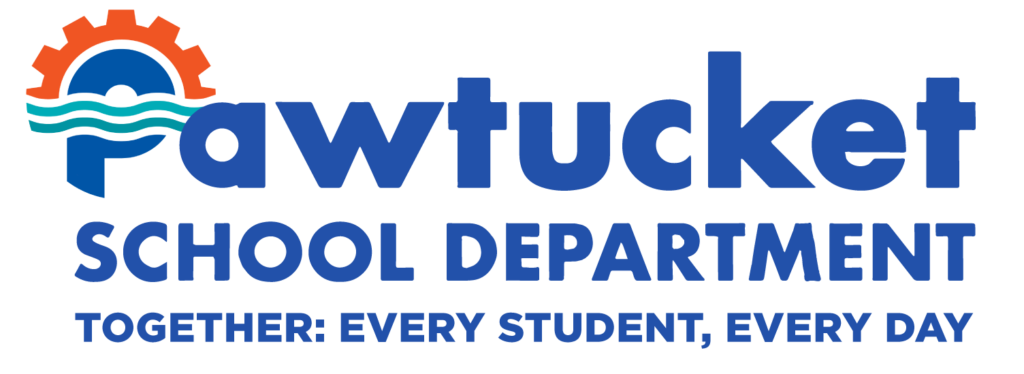CTE - Information Technology

Explore
The focus of this program is on careers related to computer programming and/or cybersecurity. Students will develop an understanding of what computer and data science is, as well as begin the journey into different programming languages used to develop applications, software and websites. This program is offered in conjunction with the University of Rhode Island and Rhode Island Department of Education’s CS4RI program.
Plan of Study

Year 1
Introduction to Computing and Data Science

Year 2
AP Computer Science Principles

Year 3
AP Computer Science A

Year 4
Computer Science Work-Based Learning
Suggested Coursework:
Probability and Statistics
AP Statistics
PLTW Engineering Essentials
Credentials:
AP Computer SciencePrinciples
AP Computer Science A
YouScience Information Technology Fundamentals
YouScience Network Fundamentals
Highlights
Skills and Knowledge:
Collaboration skills: Developers must be able to work in teams of two or more to accomplish a common goal/task.
Customer-service skills: Developers must be patient and empathetic. Their customers will often experience unwanted behavior or request features. The developer must work with the customer throughout the entire design process.
Listening skills: Developers must be able to understand the problems that their customers are describing land use that information to implement a solution.
Problem-solving skills: Developers must be able to test, troubleshoot, and debug syntax and semantic errors in software.
Speaking skills: Developers must describe their solutions to their customers in a way that a nontechnical person can understand.
Writing skills: Strong writing skills are useful to developers while preparing instructions, generating design documentation and end-user documentation, and emailing responses to colleagues and customers.
Creativity: Computing is a creative activity, thus developers should be creative. Creativity and computing are prominent forces in innovation; the innovations enabled by computing have had and will continue to have far-reaching impact.
Work-Based Learning Opportunities
Students must complete 80 hours in any of the following activities: Internship, Apprenticeship, Service-learning project, Industry Project, or School-based Enterprise.
Occupations within this Field:
- IT Specialist
- Desktop Support Technician
- Help Desk Technician
- Computer Technician
- Network Technician
- IT Support Analyst
- Systems Administrator
- Systems Analyst
- IT manager
- Programmer

JMW
- Dance
- Music
- Theater
- Video & Film Production
- Visual Arts
Shea
- Biomedical
- Community Health Worker
- Culinary Arts
- Information Technology
- Pre-Engineering
- Teaching as a Profession
Tolman
- Engineering
- Finance
- Firefighter & EMS
- JROTC
- Law & Forensics
- Marketing & Management
- Teaching as a Profession
